Monday, March 2, 2020
Head of School Larry Frye convened the administrative team to begin working on a plan in case the coronavirus forced the closure of campus. Given our concern about the potential physical and mental health impacts of COVID-19, the team decided community wellness was going to be our central priority moving forward. We wanted The Harley School to be a place of safety, security, and support for our students, families, and employees.
This decision was essential to the success of our plan, both because we are a caring community, and because in order for learning to successfully take place students need to be safe and well. Additional pillars of our plan design included a focus on promoting connections between various members of our community, continuing our strong academic and social-emotional learning programs, and maintaining our commitment to diversity and inclusion. As we began developing a plan, it was evident that whatever was created would need to reflect the school mission.
Larry charged a remote-learning task force consisting of administrators and faculty and led by Lars Kuelling, with the formation of a plan to make sure teaching and learning would continue. Lars turned to Seth O’Bryan, given their previous work together on the NYSAIS accreditation and Seth’s background with remote learning and faculty professional development offerings. The task force created a list of components of the school that needed to be addressed, with a focus on the educational program.
The task force deliberately chose not to call the program “online learning” since we agreed that learning at home could take many forms beyond an internet-dependent form. Instead, we chose to use the term “remote learning” to describe our approach, and we soon came to understand the new way of educating students as “Harley at Home.”
The remote learning plan for the educational program needed to consider typical elements of in-person teaching and learning as well as items such as the delivery of learning activities and digital tools that could supplement in-person methods. By creating a robust program designed specifically for remote learning we have been able to continue our students’ educations at a time when many other schools are paused or struggling with how to do it productively.
Special consideration was given to schedule, curriculum, attendance, community touchpoints such as Morning Meeting, and appropriate amounts of screen time for each division, and divisional approaches were crafted based on models drawn from independent schools from across the nation and best practices in the literature. Shelli Reetz, the coordinator for the school counseling program, was a member of the remote-learning task force and ensured that counseling and wellness were incorporated into each division’s plan. Larger schoolwide topics such as making sure employees and families had the necessary technology, committing to a learning management system (LMS) from N–12, and deciding on a video conferencing platform needed to be addressed within the first week of planning.
Fortunately, the move to a digital platform was facilitated by work already underway. The 7/8 team of Middle School teachers had previously led the deployment of Chromebooks in Grades 5–8, and these faculty became key voices in the push to a digital platform. As well, Michael Frank, Upper School Digital Media faculty member, had been leading a technology subcommittee of the Teaching & Learning Committee, and Seth O’Bryan had just facilitated Harley’s membership in the K–12 Digital Consortium, a collaboration with the University of Rochester’s Center for Learning in the Digital Age, and Michael and Seth helped guide key decisions around digital tools and remote instruction.
March 10
A little over a week after first convening the task force, the framework of Harley’s remote learning plan was shared with the faculty, and our attention turned to building our faculty’s capacity. Seth O’Bryan and a group of faculty, whom we came to refer to as our Instructional Support Team, created a professional development plan for teachers to learn how to use Schoology, hold video conferences, and utilize strategies for adapting to remote learning.
Remarkably, teachers continued to work full days on March 12 and 13, preparing lessons, teaching, and grading, and attending professional development sessions during their planning periods and after school. Peer-to-peer training was the key to implementing the remote-learning plan. In the week leading up to leaving campus and the first weeks of being remote, teachers supported each other in learning the technology and problem-solving issues. Teachers truly embraced the mottos “learn by doing” and “the best way to assess that you’ve learned something is to teach someone else.”
March 14
Monroe County Executive Adam Bello suspended all in-person school activities, and Harley transitioned to remote learning using a phased approach emphasizing teacher training and preparation, the introduction of remote learning for students and teachers, and then a fully remote experience. No plan can ever anticipate all possibilities. In Harley’s case, the plan was strong, but our people were the difference makers in making a successful transition to Harley at Home.
Our devoted faculty and division heads led the way in promoting student wellness and connection while also delivering course content and personal instruction. The school counseling staff has worked to support students, families, faculty, and staff with resources, programming, and 1:1 support. Joe Reid, our IT director, and Lower School Head Terry Fonda Smith led the charge in ensuring that all members of the community had the technology they needed for digital access, working tirelessly to distribute over 50 laptops and 20 wireless hotspots to families in need, while Art Rothfuss, Digital Media Coordinator, and Beth Bailey, Marketing and Communications Director, led the build-out of a new website devoted to Harley at Home and our remote learning plan. Staff and administrators have pitched in to help solve problems and support each other across departments. Parent Council has partnered in our efforts to promote wellness and keep students and families connected, including parent coffees and the forum. Our maintenance staff continues to take care of the building and grounds, and the kitchen staff helped organize food for the Horizons at Harley food drive.
Harley is a caring community, and this characteristic has remained very clear as our community members rallied by devoting extra time to helping and emotionally caring for each other during an incredibly challenging period. Whether together or apart, Harley is strong, as can be seen in our people who show their passion and dedication every day.


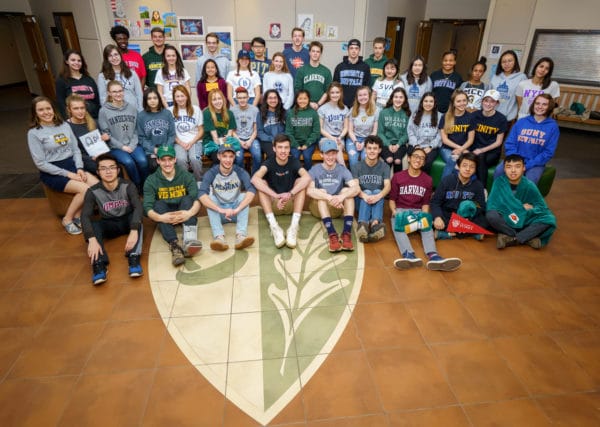 Harley’s Approach to College Counseling
Harley’s Approach to College Counseling “Club Rush” is an afternoon every fall in the Upper School when students have the chance to sign up for clubs for the year, and each year it is very different because new clubs are created based on student initiative and enthusiasm.
“Club Rush” is an afternoon every fall in the Upper School when students have the chance to sign up for clubs for the year, and each year it is very different because new clubs are created based on student initiative and enthusiasm. Each and every year, students at The Harley School participate in HAC Athletics, and their success continues to be impressive, both as students and athletes. Our athletic program is an integral part of Harley, teaching student-athletes invaluable lessons about teamwork, time management, persistence, and competition. Our program allows them to develop physically, mentally, socially, and emotionally as they represent their school on and off the field. They grow, mature, and work hard to be the best teammate they can, while creating lifelong memories with teammates who often remain friends for life.
Each and every year, students at The Harley School participate in HAC Athletics, and their success continues to be impressive, both as students and athletes. Our athletic program is an integral part of Harley, teaching student-athletes invaluable lessons about teamwork, time management, persistence, and competition. Our program allows them to develop physically, mentally, socially, and emotionally as they represent their school on and off the field. They grow, mature, and work hard to be the best teammate they can, while creating lifelong memories with teammates who often remain friends for life. 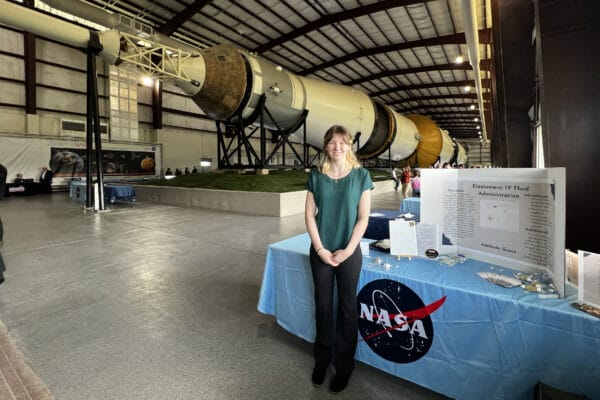 Our Upper School is filled with formal and informal opportunities for students to take on leadership roles. Whether following passions or learning new skills, student-driven opportunities take many shapes.
Our Upper School is filled with formal and informal opportunities for students to take on leadership roles. Whether following passions or learning new skills, student-driven opportunities take many shapes.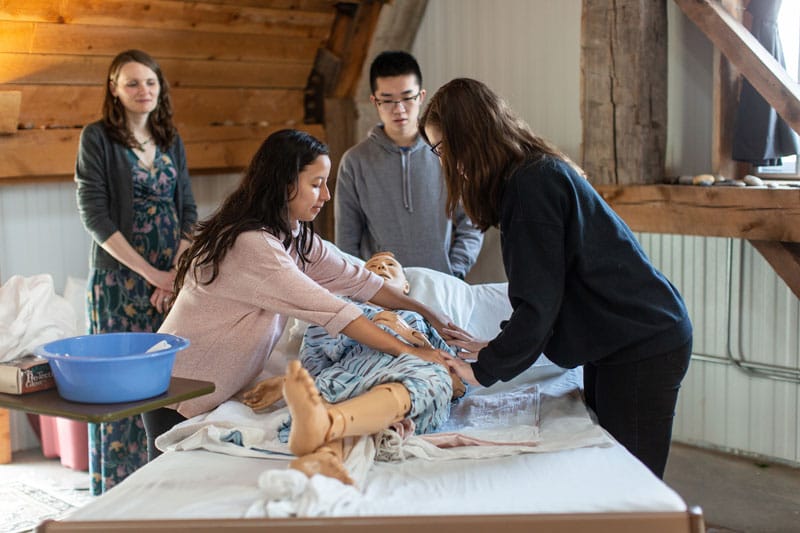 Unlike this class, death is not an elective. Although it is one of two universal human experiences, our culture often ignores, denies, or misconstrues the true nature of death and dying. What happens when we bear witness to this natural process in the cycle of life and develop our ability to be fully present with others when they need us more than ever? It has the potential to change us deeply and fundamentally while shining a brilliant light on the path of our own lives.
Unlike this class, death is not an elective. Although it is one of two universal human experiences, our culture often ignores, denies, or misconstrues the true nature of death and dying. What happens when we bear witness to this natural process in the cycle of life and develop our ability to be fully present with others when they need us more than ever? It has the potential to change us deeply and fundamentally while shining a brilliant light on the path of our own lives.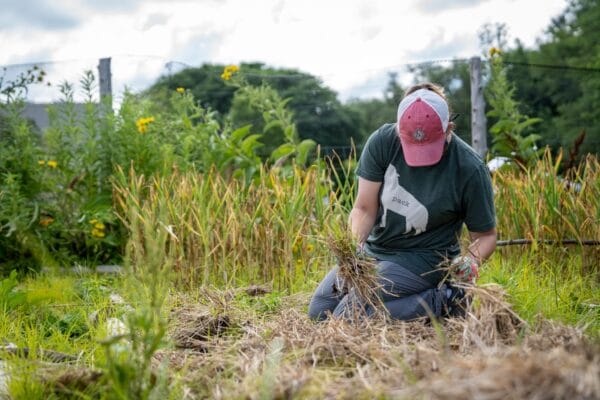 This program utilizes environmentally-focused approaches to education and hands-on learning in order to foster the next generation of leaders through a lens of sustainability and problem-solving.
This program utilizes environmentally-focused approaches to education and hands-on learning in order to foster the next generation of leaders through a lens of sustainability and problem-solving.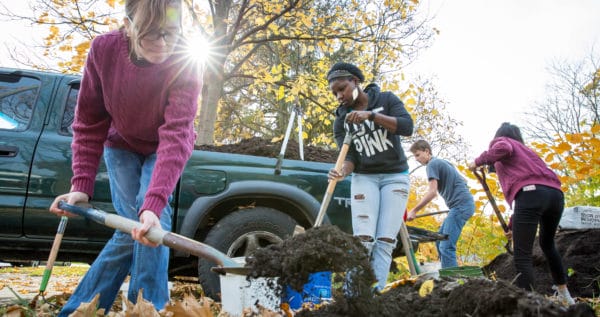 At Harley, our students learn how to evaluate social systems in order to identify complex problems in society through a lens of social justice. They take a hands-on approach to working for a fair, equitable society by researching, exploring and evaluating different perspectives, and offering solutions—both theoretical and practical.
At Harley, our students learn how to evaluate social systems in order to identify complex problems in society through a lens of social justice. They take a hands-on approach to working for a fair, equitable society by researching, exploring and evaluating different perspectives, and offering solutions—both theoretical and practical.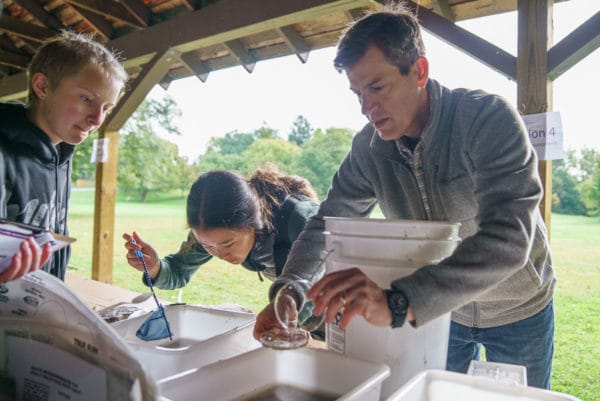 Students may create independent studies with supervising teachers throughout their Upper School experience or, during Grade 12, they can design Capstone projects—intensive collaborations with Harley faculty and off-campus mentors—involving rigorous academic study and culminating in public presentations.
Students may create independent studies with supervising teachers throughout their Upper School experience or, during Grade 12, they can design Capstone projects—intensive collaborations with Harley faculty and off-campus mentors—involving rigorous academic study and culminating in public presentations. 